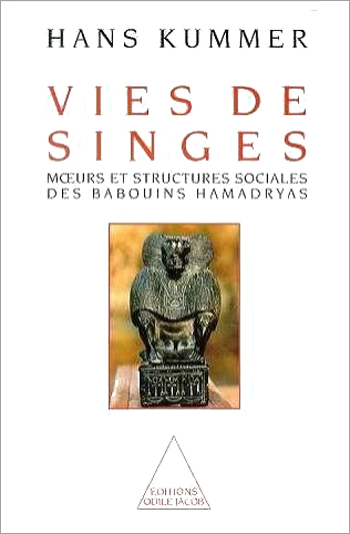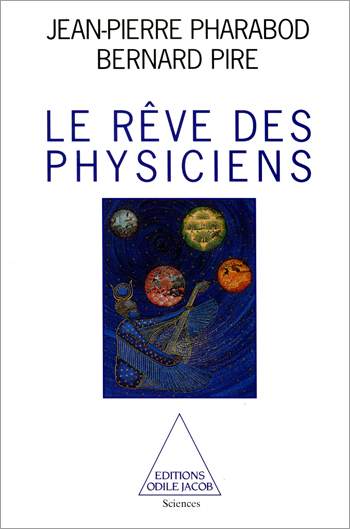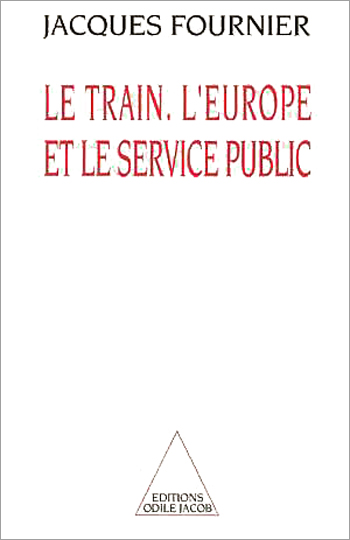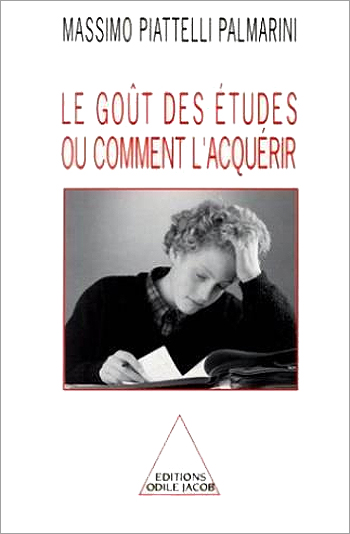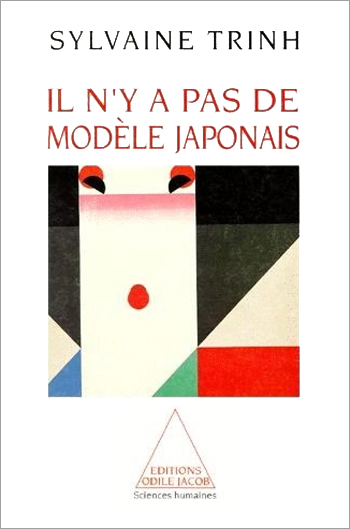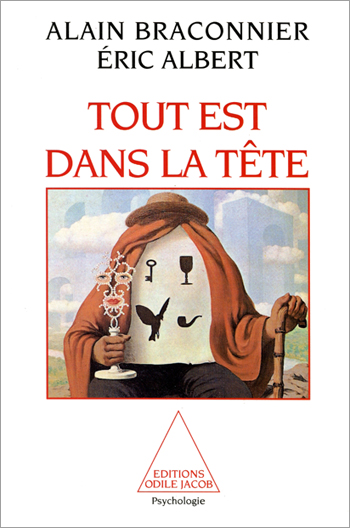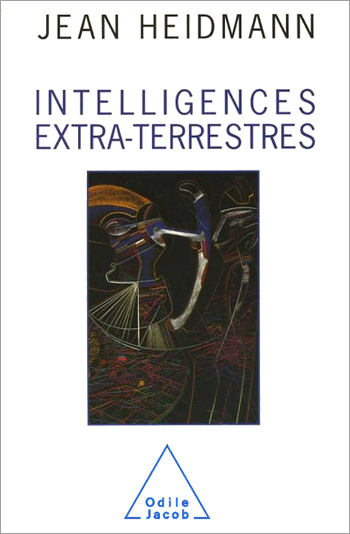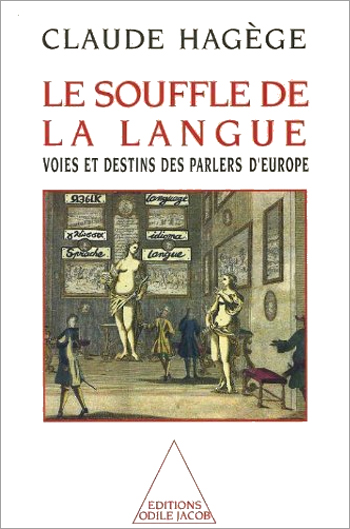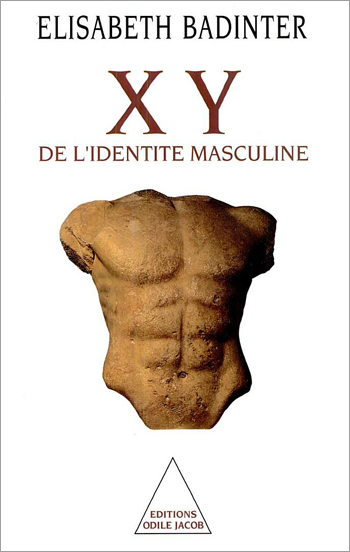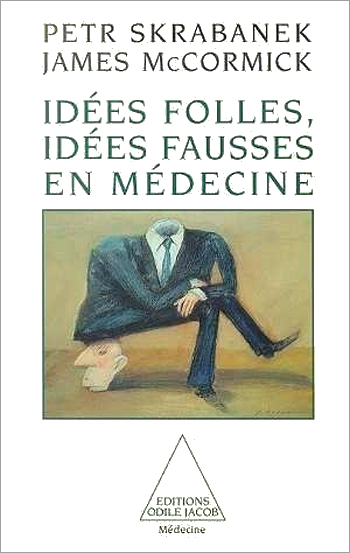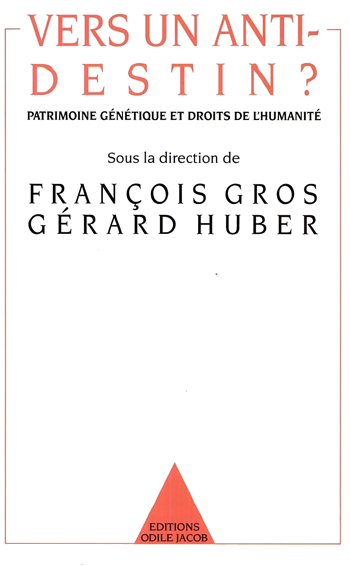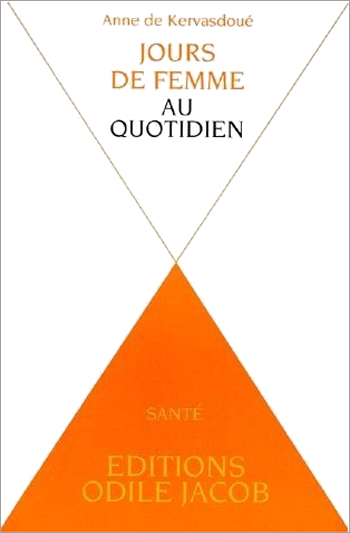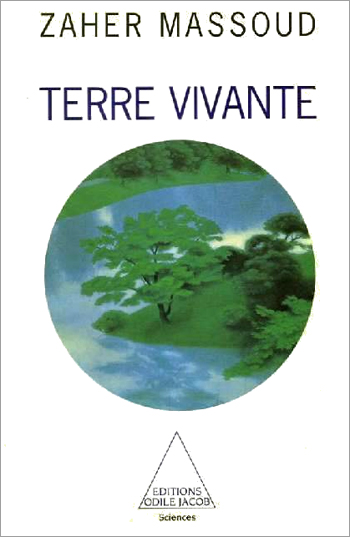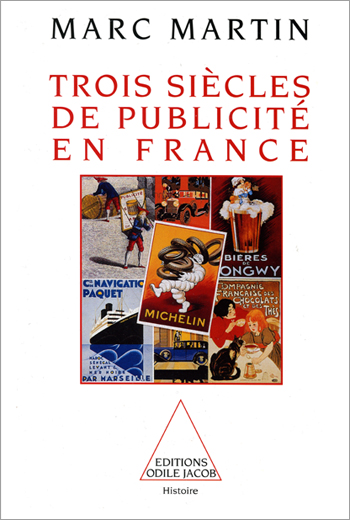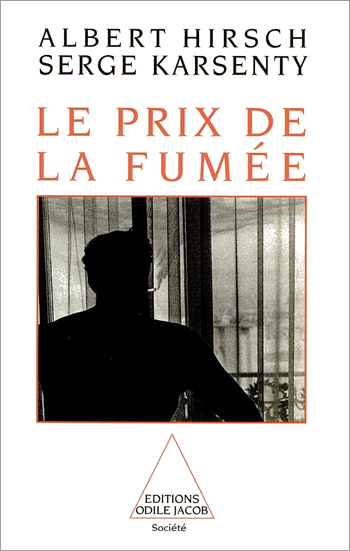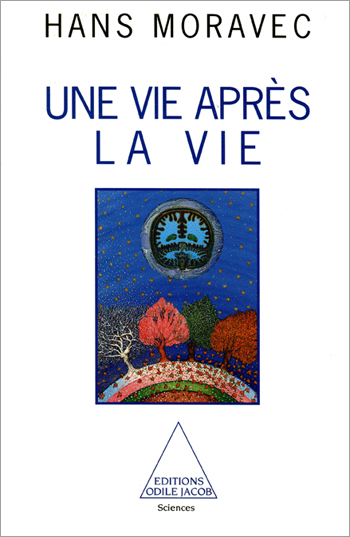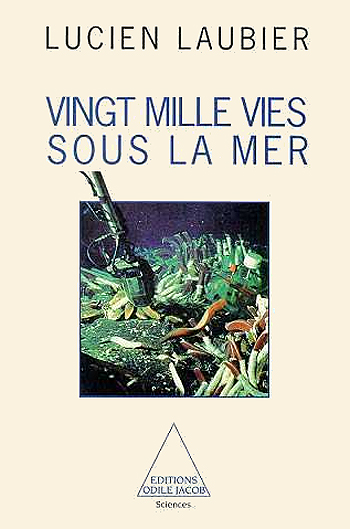Catalog All books
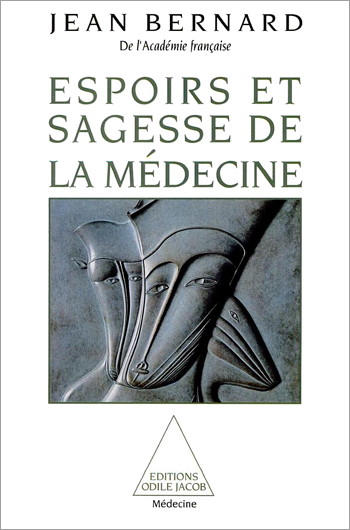
Jean Bernard
The Hopes and Modesty of Medicine
It is possible to predict the medical science of the twenty-first century. This book attempts to describe its essential traits. It will be inspired by two sentiments: hope and modesty. Hope that the misfortune of man will diminish thanks to the progress of medicine. A doubled modesty before the perverse effects of progress and the repercussions of unpredicted events.
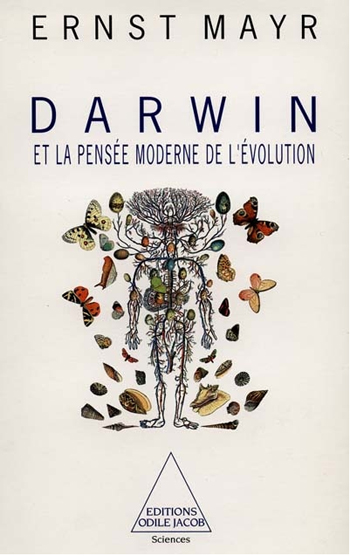
Ernst Mayr
One Long Argument: Charles Darwin and the Genesis of Modern Evolutionary Thought (Questions of Science)
Without Darwin, our knowledge of the living would not be what it is today. But who was really the author of The Origin of Species? Why did these hypotheses lead to one of the most important scientific revolutions of our time? To what questions was Darwin unable to find an answer? Ernst Mayr is a professor emeritus at Harvard University.
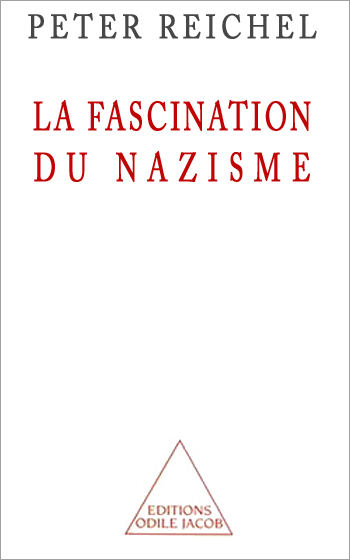
Peter Reichel
The Fascination of Nazism
All authoritative regimes look to dominate and effectively use art, culture, and the media. Each tool of popular influence is merged together to create and enforce a mythology. But no regime ever went as far as Nazism, no doubt because the Nazis were the first to understand mass culture. Peter Reichel unveils the unrivaled skill with which they knew how to create a world of illusions that allowed them to drag the Germans to disaster. Peter Reichel is a professor at the Institute of Political Science in Hamburg.
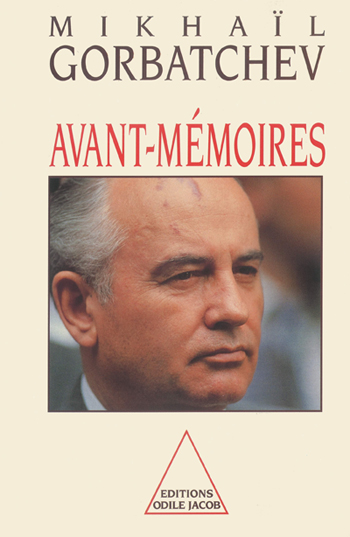
Mikhaïl Gorbatchev
Memoirs
For the first time Mikhaïl Gorbatchev opens his personal archives to the public. The reader participates in the negotiations between the head of the Kremlin and the other great leaders: François Mitterrand, Margaret Thatcher, Helmut Kohl, George Bush... He experiences the moving dialogue between Pope John Paul II and the General Secretary of a party which has made atheism its profession of faith. Finally, the reader follows the intellectual, political and moral progress of a man who presided over the transformation and opening of the very system which created him.
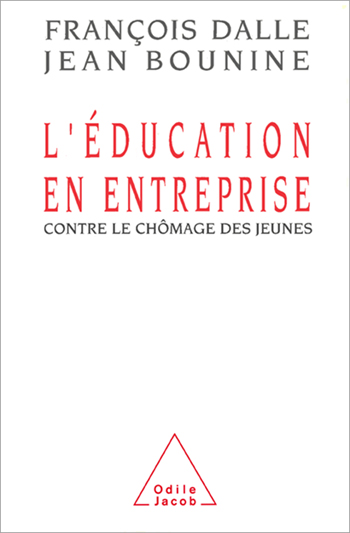
François Dalle, Jean Bounine
Education in Business Against the Unemployment of the Young
Each year in France, 250,000 young people come out of the education system without even a shred of a diploma. The German example and that of Japan shows that the work situation and economic performance are better when schools assure proper instruction and enterprise takes charge of paving the way to employment. François Dalle, President of l'Oréal from 1957 to 1984, and Jean Bounine, advisor to the general directors of this group, are the authors of a 1987 report on employment.
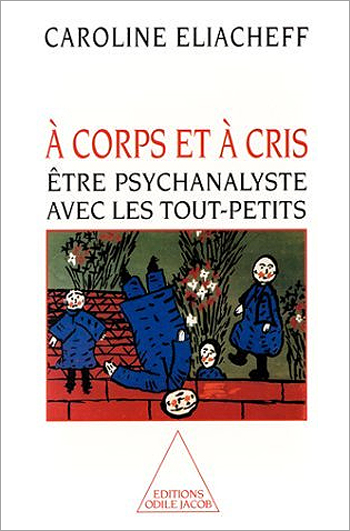
Caroline Eliacheff
À corps et à cris How to psychoanalyse young children
Oliver, Zoe, Mathias and the others are children of grief. They barely speak. They have faced innumerable trials: unknown mothers, abandon, adoption, even separation from imprisoned parents. Traditional medicine allows them to survive, but cannot teach them to live. Is there a solution? This book attempts to reach these neglected children and, through words, to heal. Caroline Eliacheff is a psychoanalyst who counts among her published works Les Indomptables, written in conjunction with Ginette Raimbault.
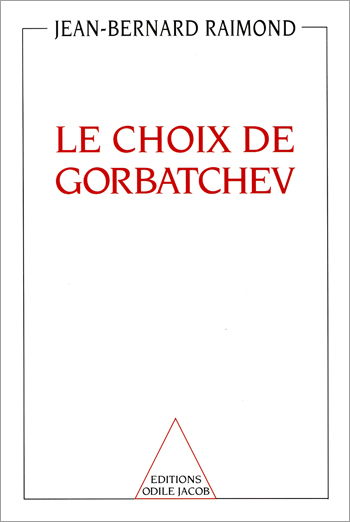
Jean-Bernard Raimond
The Choice of Gorbachev
Who is Michel Gorbachev really? Is he communism's gravedigger or simply an apparatchik worried about postponing his disappearance from the political scene? Or is he one of history's free and tragic heroes, who found himself transported in spite of himself by the collapse of the world that had made him powerful? Jean Bernard Raimond is the former Minister of Foreign Affairs and served as the Ambassador to France in Moscow.
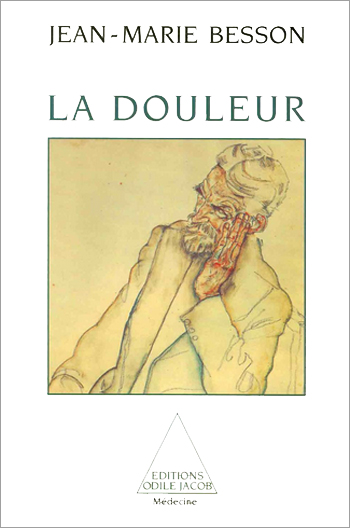
Jean-Marie Besson
Pain
Pain. Doctors and researchers have long sought its origin.In this fascinating essay, well-known neurophysiologist J.-M. Besson explains what pain is and how to combat it. He examines acupuncture, various placebos, and recounts the current search for an ideal analgesic, one containing the power of morphine without its negative side effects.
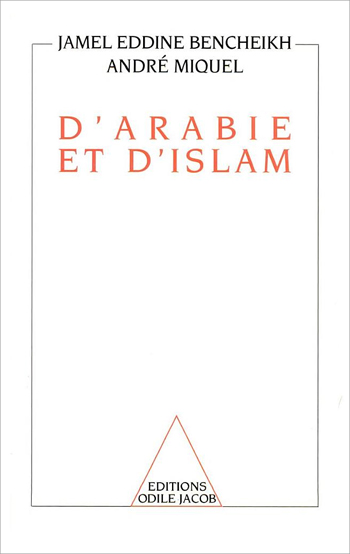
André Miquel, Jamel Eddine Bencheikh
Of Arabia and Islam
Two French specialists on Islam, one Algerian, the other a native Frenchman, discuss Islam and its confrontation with the Western world. Interweaving references to the past and present, they recount a long history of cultural confrontation, marked by continuous debate and violent conflict, repulsion and fascination. Resolutely optimistic, yet painfully aware of the religious intransigence which enshrouds their subject, their conversations shed new light on the conceptions of power and unity within the Muslim world.
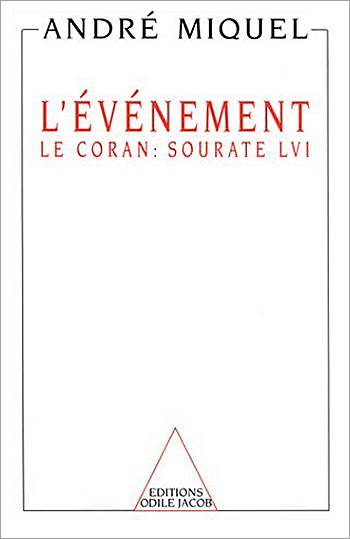
André Miquel
The Event The Koran: Surate LVI
Translation and commentary of one of the most famous surates of the Koran, the fundamental book of Islam, that of The Event or "the key to the door of riches" which teaches of the gifts given to man by God. André Miquel is a professor at the Collège de France.
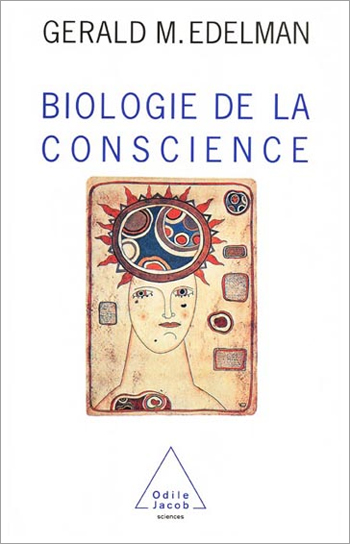
Gerald M. Edelman
The Biology of Consciousness
How do we think? What makes us beings that are endowed with conscience, capable of memory, of perceiving the surrounding world, of feeling passion? This book presents an ensemble of mechanisms that compose the human spirit and addresses the progress of the neuroscientific revolution: the biology of the brain and the study of its evolution are in the process of surrendering to us the key to conscience itself. Gerald. M. Edleman, winner of the Nobel Prize for medicine, heads the Institute of Neurosciences at La Jolla, California.
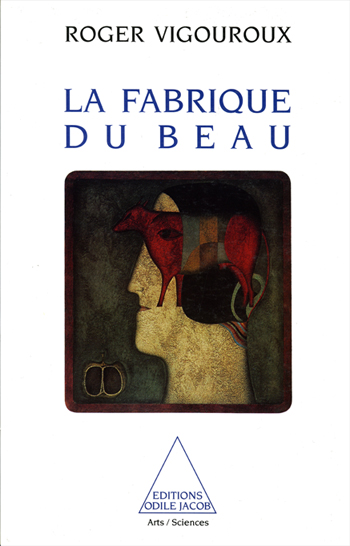
Roger Vigouroux
The Making of Beauty
Where does the gift of artistic genius come from? Why Mozart, why Doestoevsky and Van Gogh? What happens in the brain of a man who devotes his life to writing, painting or music? What is it that pushes us towards the pleasure of listening to a symphony, to the emotion of contemplating a painting, to the joy of reading a poem? Roger Vigouroux is a neurologist.
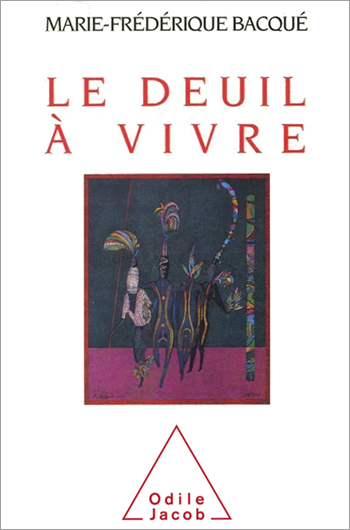
Marie-Frédérique Bacqué
Living through Bereavement
All civilizations have therapeutic methods to deal with death and the period of mourning. Not ours. By hiding away the experience of death, aren't we becoming more helpless, more disoriented than ever?
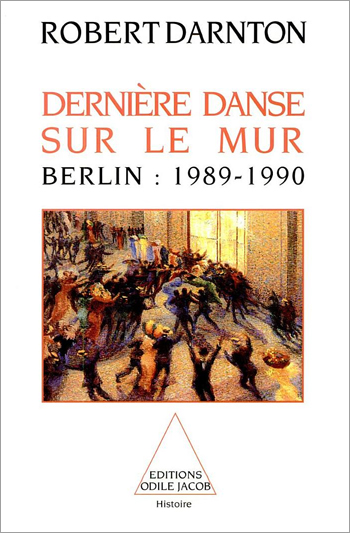
Robert Darnton
Berlin Journal, 1989-90
Robert Darnton was in Germany at the moment when the boundaries of post-war Europe came toppling down. Suddenly, the university professor discovered that History was in the making, and the masses were in motion. This is his personal account of the combined drama and celebration that accompanies every revolution. A professor at Princeton University in the United States, Robert Darnton is a specialist in the history of European culture. He is the author of L'Aventure de l'Encyclopédie, Le Grand Massacre des chats and Edition et Sédition.

